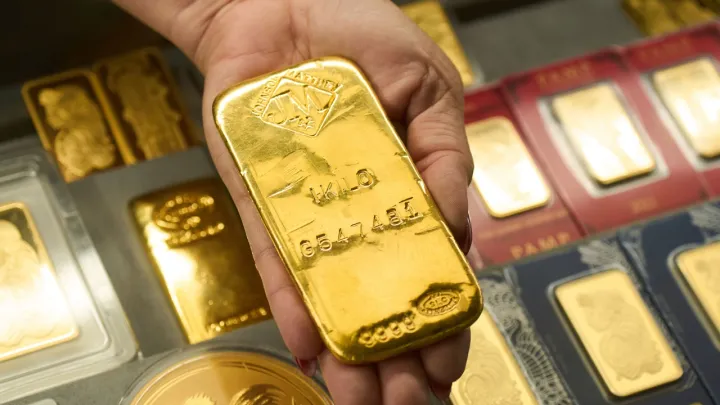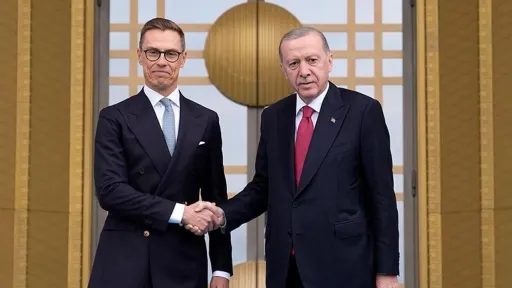China's Zhejiang Huayou Cobalt plans to extract more than 60,000 metric tonnes of lithium sulphate during the first quarter of 2026 from its new $400 million plant in Zimbabwe, the company says.
This comes as Zimbabwe plans to ban lithium export and boost local processing by 2027.
Lithium sulphate is an intermediate product that can be refined into a battery-grade material such as lithium hydroxide or lithium carbonate used in battery manufacturing.
"We will start the first production from the beginning of next year," Prospect Lithium Zimbabwe general manager Henry Zhu told reporters on Thursday.
"The quantity of the lithium sulphate should be more than 60,000 metric tonnes, but it will depend on the configuration of the plant, because it is brand new," Zhu added.
Local operations
The newly completed plant at Huayou's wholly owned Prospect Lithium Zimbabwe's Arcadia mine has a capacity to exceed 50,000 metric tons of lithium sulphate annually, an executive said during a tour of the operation.
Zimbabwe, Africa's top lithium producer, has been nudging miners to process the mineral in the country in order to help lift its economy.
Huayou, which acquired Arcadia lithium mine for $422 million in 2022, commissioned a $300 million lithium concentrator in 2023.
The company, along with other Chinese metals firms, including Sinomine, Chengxin Lithium Group, Yahua Group, and Tsingshan Holding, dominates Zimbabwe's lithium mining, producing concentrates and shipping them to their home country.

Huayou exported 400,000 tonnes of lithium concentrate from Zimbabwe in 2024.
The southern African country will ban the export of lithium concentrates from 2027 as it pushes for more local processing.
Sinomine has also announced plans to build a $500 million lithium sulphate plant at its Bikita mine in Zimbabwe.
























